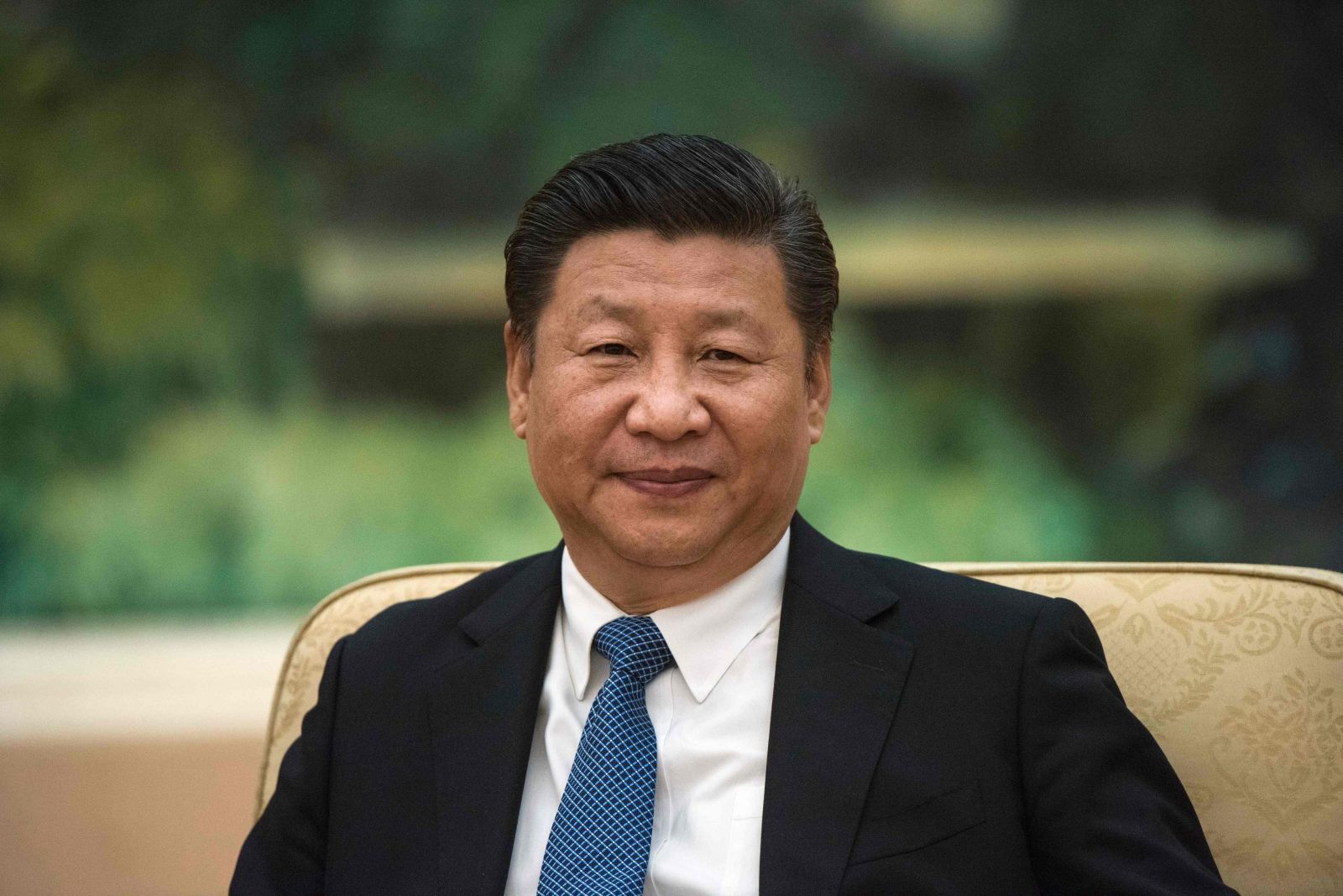
(TibetanReview.net, Oct30, 2017) – Chinese President Xi Jinping has on Oct 28 underscored his country’s claim to a disputed area on the border with India, with state media publishing a letter from him to a Tibetan family asking them to help safeguard the zone, reported the scmp.com Oct 29. The report said Xi’s letter was a rare response to the flood of correspondence from the public to the Chinese leader. It added that presidential replies were seen as a window on the priorities of their writer.
In his letter, Xi has asked Tibetans living close to India’s border territory claimed by it as a part of southern Tibet to safeguard “the Chinese territory”.
Noting Xi’s status also as the general secretary of the Central Committee of the Communist Party of China (CPC) and the chairman of the Central Military Commission, China’s official Xinhua news agency Oct 29 said Xi had asked the herding family in Lhunze County, near India’s Arunachal Pradesh state, to “set down roots in the border area, safeguard the Chinese territory and develop their hometown”.
“Without peace in the territory, there will be no peace for millions of families,” Xi’s letter was quoted as saying. “For every blade of grass and tree on the motherland’s border, we will safeguard it well.”
The two women from Yumai Village had written to Xi about their experiences in safeguarding the country’s territory and introducing development and changes in their town, while pledging to make continuous efforts to protect the border, reported China’s official Chinadaily.com.cn Oct 30. Among their activities was keeping an eye out along the border and reporting suspicious activities like possible smugglers, the report added.
The report said Xi, in his letter, praised the family’s safeguarding national territory for two consecutive generations, thanked those who made loyal contributions to safeguarding and strengthening the country’s borders, and encouraged the herders to build their hometown into a beautiful one.
Xi has reported to have expressed hope that the family of the two women, Zhoigar (ie, Dolkar) and Yangzom, would motivate more herders to set down roots in the border area “like galsang flowers,” and become guardians of the Chinese territory and constructors of a happy hometown. ‘Galsang’, ie kalsang metog’, is Tibetan word for a type of chrysanthemum flower that grows in great abundance in Tibet’s wilderness.
The two women were reported to have written the letter to Xi while the 19th CPC National Congress was in session in Beijing. The congress was held from Oct 18 to 24.
The scmp.com report cited official records as showing that from 1979 to 1996, the family of herders were the only inhabitants of this Himalayan village, described as China’s smallest town in terms of population and which otherwise covers 1,976 square kilometres. It added that the community had since grown to 32 residents but remained on the front line of China and India’s conflicting territorial claims. The Chinadaily.com.cn report said the number of families settled in this frontline region was now nine.
The scmp.com report noted that in 2015, Chinese National Geography reported that the Tibetan family’s residence there had helped China maintain control of the territory. “Yumai would be occupied by India already if the family had decided to leave,” the village’s head was quoted as having said.
It was at Lhuntse Dzong in late Mar 1959 that the Dalai Lama, then Tibet’s supreme temporal and spiritual leader and on his way to India for exile, formally reestablished the Tibetan government and repudiated the 17-Point Agreement which China had compelled a Tibetan delegation to sign under duress in Beijing in1951.


